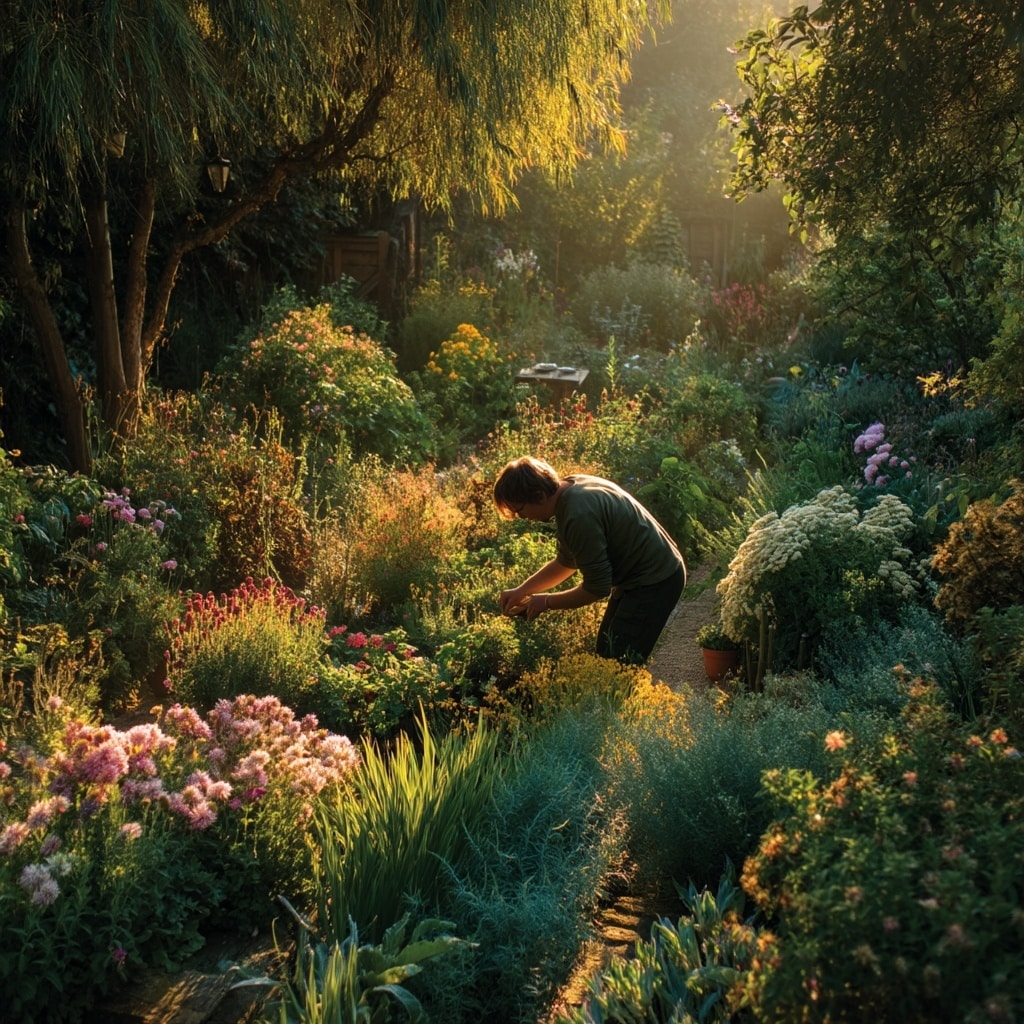Gardening is more than just planting flowers or harvesting vegetables—it’s a mindful practice that connects people to the natural world right outside their doorstep. Whether it’s a small balcony filled with herbs or a backyard brimming with blooms, the benefits of gardening at home reach far beyond the aesthetic. From improving mental well-being to encouraging physical activity and even boosting food security, gardening nurtures both plants and people. Over time, it becomes not just a hobby, but a fulfilling way of life. And for those just starting out, gardening offers a gentle learning curve and the satisfaction of watching something flourish from your own hands.
Table of Contents
The Nature of Gardening
There’s something deeply instinctive about gardening. Across cultures and generations, people have been drawn to the simple act of tending plants. It isn’t just about shaping outdoor spaces—it’s about creating harmony with nature. Even the smallest garden invites a sense of purpose and wonder, whether you’re sowing wildflowers or carefully arranging shrubs.
This desire to cultivate isn’t limited to skilled landscapers. From apartment dwellers nurturing windowsill herbs to homeowners shaping lush backyard retreats, gardening is a universal practice. It satisfies a basic human urge to create, nurture, and find peace. And for many, the process itself—watering, pruning, observing seasonal changes—becomes a quiet rhythm that brings balance to a busy life.
The Rise of Gardening After WWII
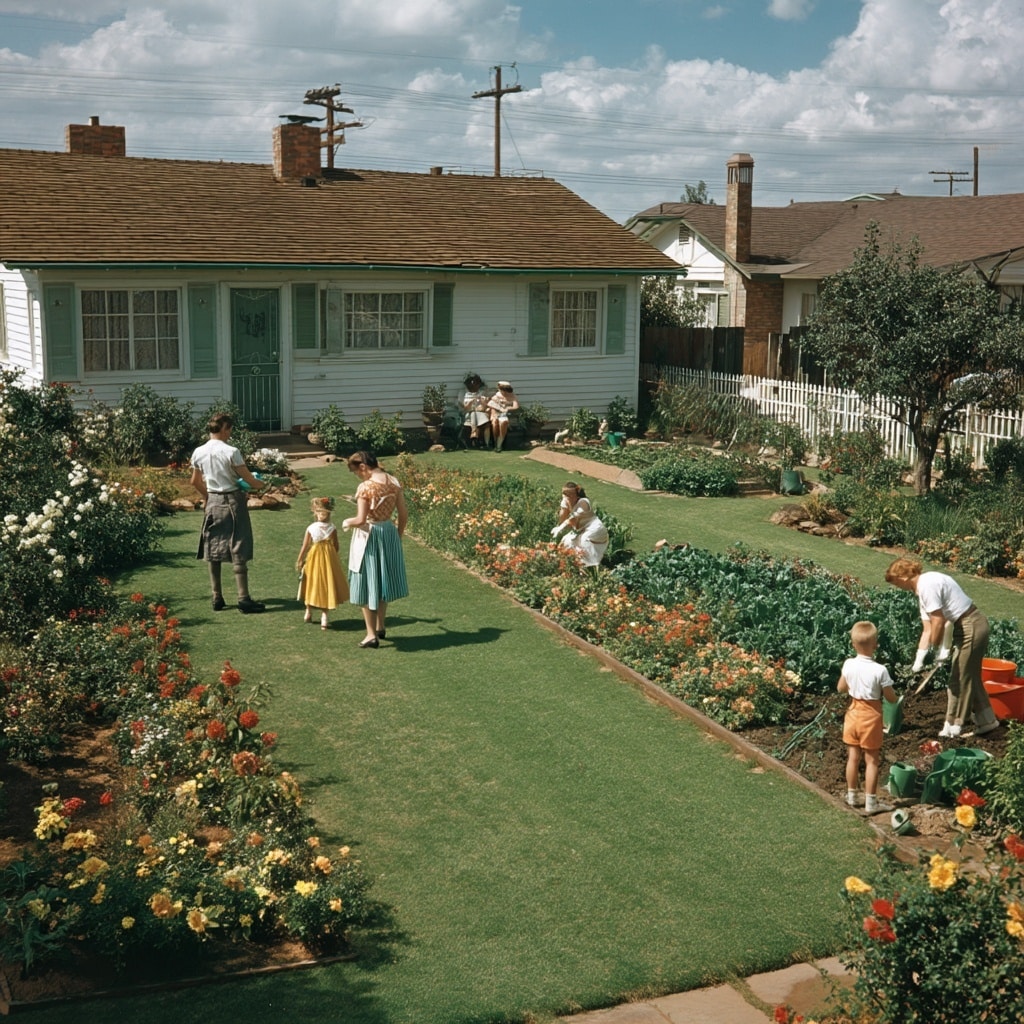
The modern enthusiasm for gardening gained major momentum after World War II. As suburban neighborhoods expanded and home ownership grew, so did the appeal of private green spaces. A well-kept lawn, flower beds, and a small vegetable patch became symbols of comfort, stability, and pride. Gardening wasn’t just a chore—it became a lifestyle.
With more leisure time and an interest in self-sufficiency, families began growing their own food and experimenting with landscaping. This surge fueled the growth of nurseries, garden centers, and tool manufacturers. At the same time, gardening advice began to appear in newspapers, books, and later, TV and radio—making it even more accessible. The renewed connection to the land helped many people find both joy and meaning at home.
The Appeal of Gardening
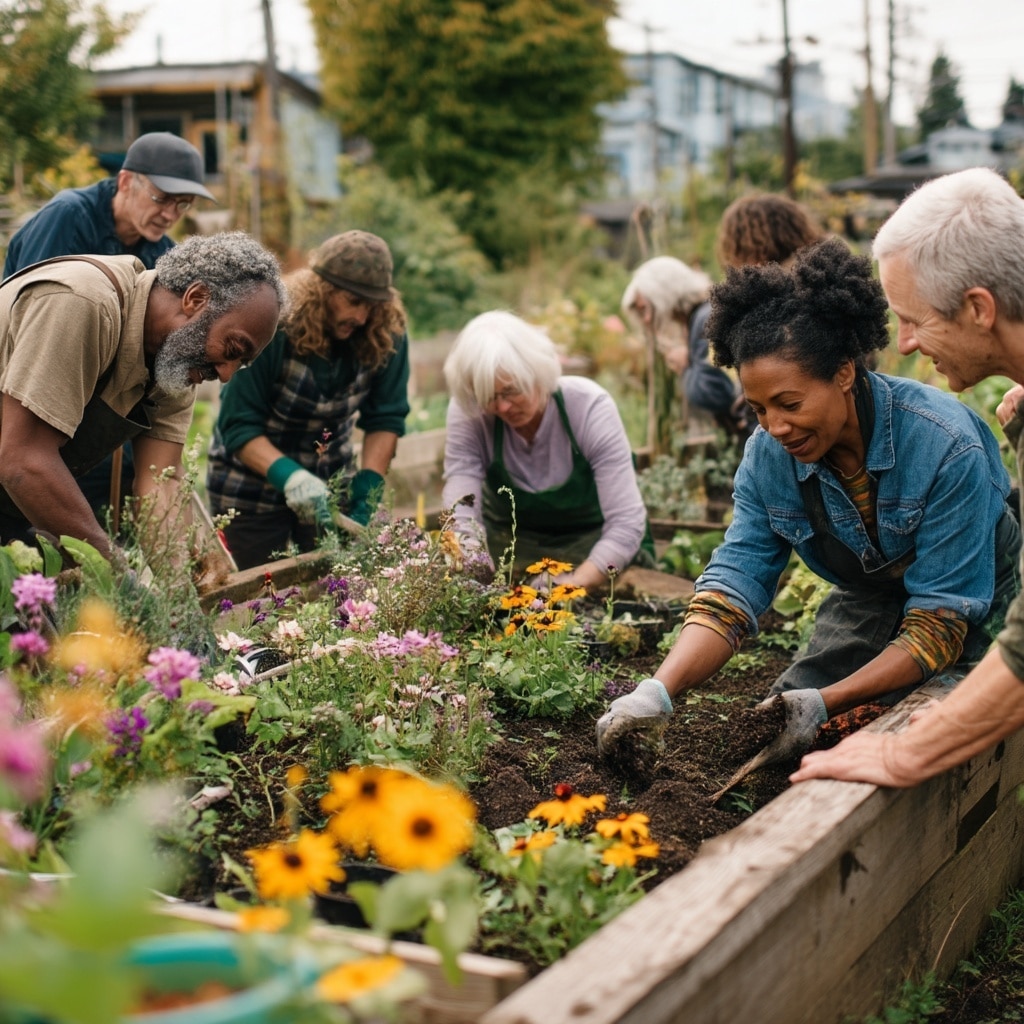
One of the most beautiful things about gardening is how inclusive it is. Whether you’re a curious child planting your first sunflower or a retiree crafting a serene backyard escape, gardening welcomes all. It doesn’t require expensive tools or formal training—just time, patience, and a willingness to learn from nature.
At a basic level, even a single pot of thriving herbs can spark pride. As skills grow, so does appreciation for the intricate balance between soil, water, sun, and plant life. For some, it becomes a creative outlet—shaping textures, colors, and structures like a living canvas. For others, it’s a science, a game of trial and error with the natural world. No matter your goal, gardening offers endless opportunities to grow—both literally and personally.
Spiritual and Therapeutic Aspects of Gardening
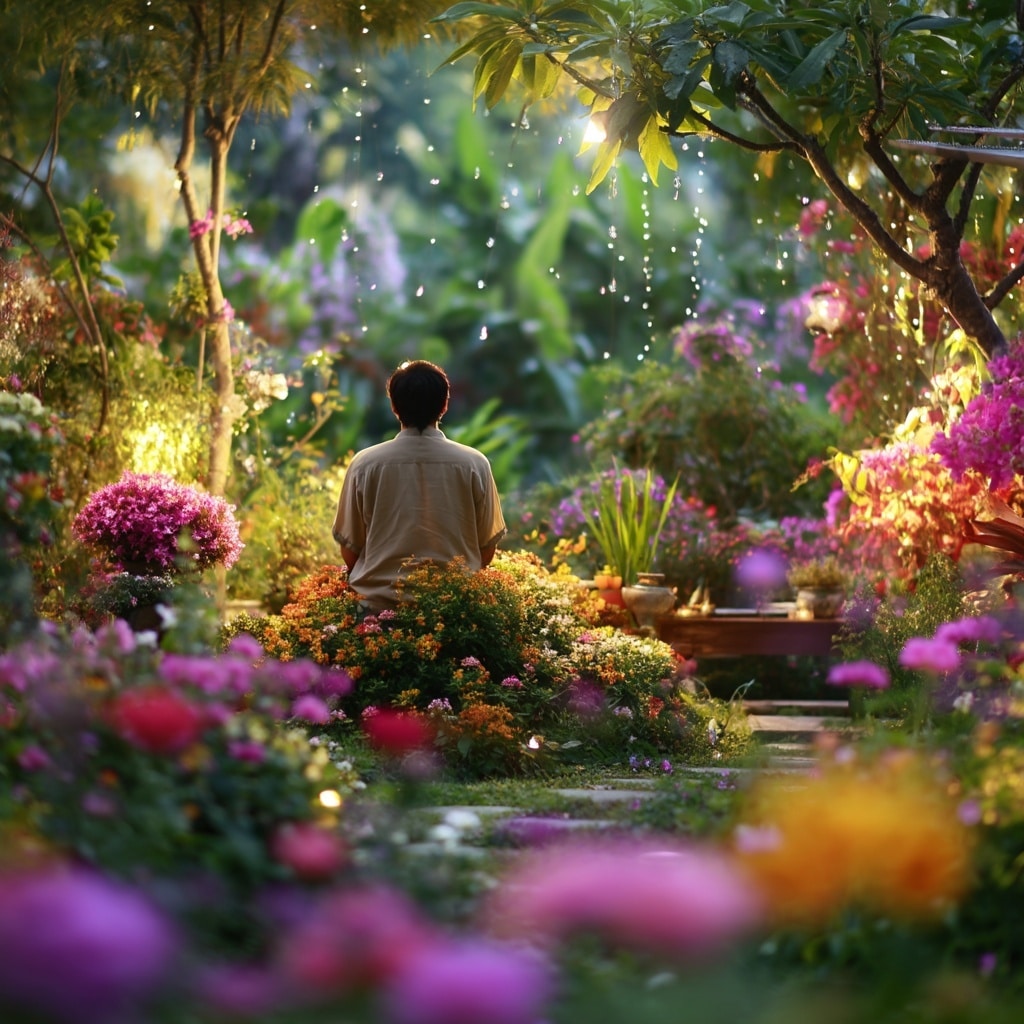
Beyond the soil and blooms, gardening touches something deeper—our emotional and spiritual well-being. Tending to plants provides a quiet, grounding escape from the noise of everyday life. In the garden, time slows down. You focus on simple tasks, listen to birdsong, feel the warmth of sunlight, and connect with the earth beneath your feet.
This calming effect is why many people find gardening therapeutic. Studies have shown it can lower stress, ease anxiety, and even improve focus and mood. For some, a garden becomes a place of reflection or meditation. For others, it’s a space to honor memory or healing. Whatever the reason, gardening reminds us that growth takes patience—and beauty often comes from the smallest acts of care.
Gardening is Easy to Learn
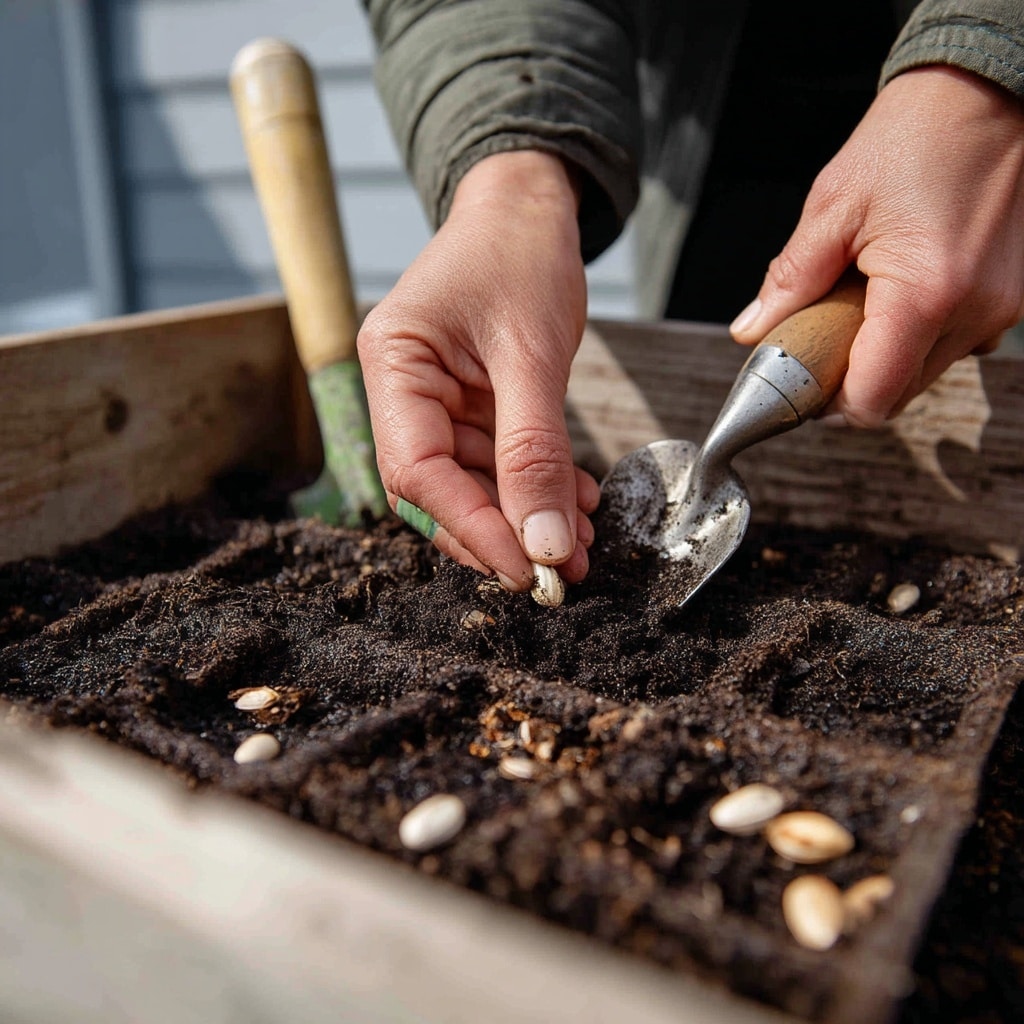
One of the greatest joys of gardening is how approachable it is for beginners. Unlike many crafts or skills, you don’t need formal education or years of training to get started. With a few seeds, a bit of dirt, and some sunlight, even a novice can produce something beautiful—or delicious.
Gardens are also forgiving. If you forget to water for a day or plant something in the wrong spot, nature often finds a way to adapt. This flexibility builds confidence and encourages experimentation. As you learn through trial and error, your garden grows—and so does your understanding of plant life, seasons, and soil.
With every new shoot or first harvest, gardening offers a gentle reminder: progress doesn’t have to be perfect to be rewarding.
Control and Cooperation in Gardening
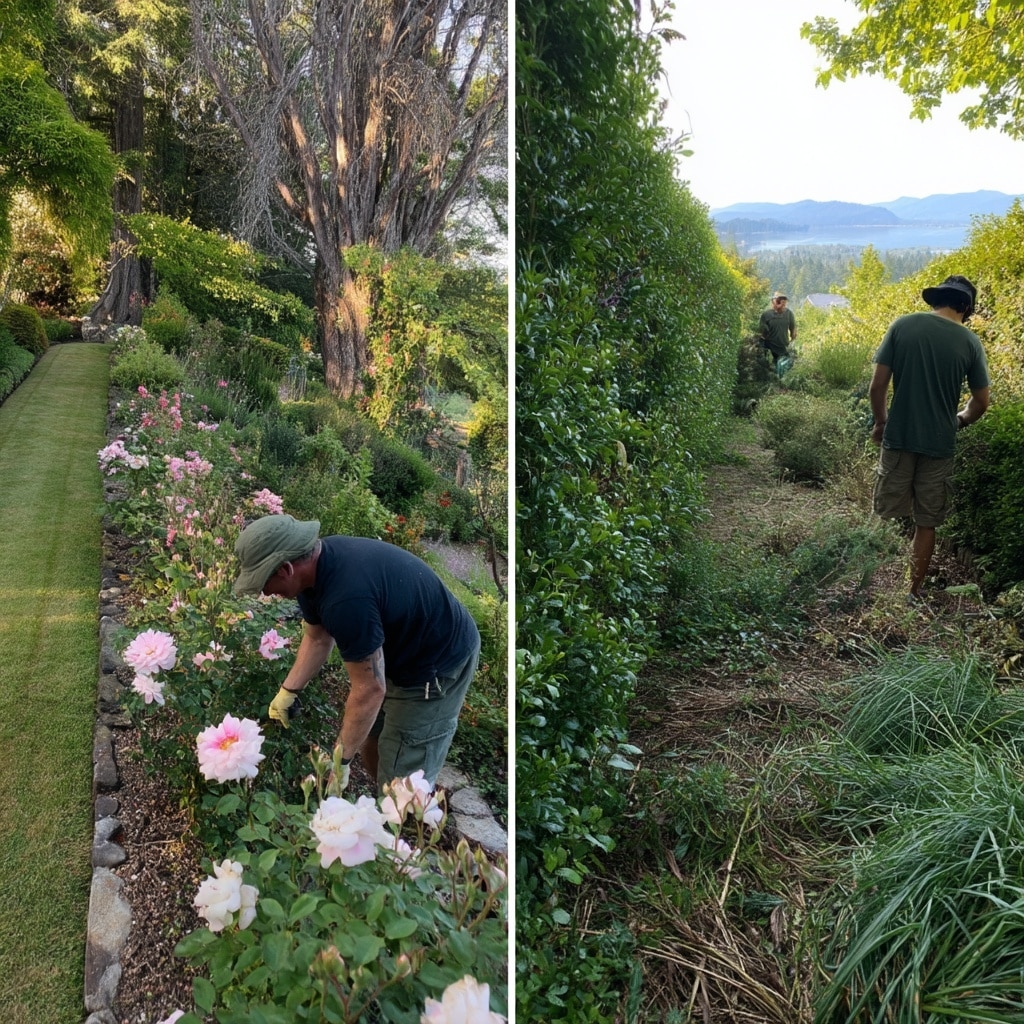
At its core, gardening is a partnership between people and nature. While the gardener shapes the space—choosing plants, preparing soil, and deciding layout—success still depends on nature’s rhythms. Sunlight, rain, temperature, and time all play their part, reminding us that full control is never truly possible.
Still, thoughtful intervention helps plants thrive. Pruning, feeding, weeding, and spacing are not just chores—they’re ways of encouraging balance. Some gardens lean into structure, like neat rows and trimmed hedges. Others, like wildflower meadows or woodland edges, embrace a freer, looser form. Both styles require cooperation with natural laws and an understanding of what the land needs.
This dynamic, creative relationship is what makes gardening so endlessly engaging—and so deeply satisfying.
Conclusion
Gardening is more than a hobby—it’s a lifelong journey rooted in patience, care, and connection. Whether you’re planting a few herbs on a windowsill or transforming your entire backyard, the rewards go far beyond what you can see. It nurtures the body, calms the mind, and feeds the soul. Most importantly, it reminds us to slow down, observe, and grow alongside the living world around us.


